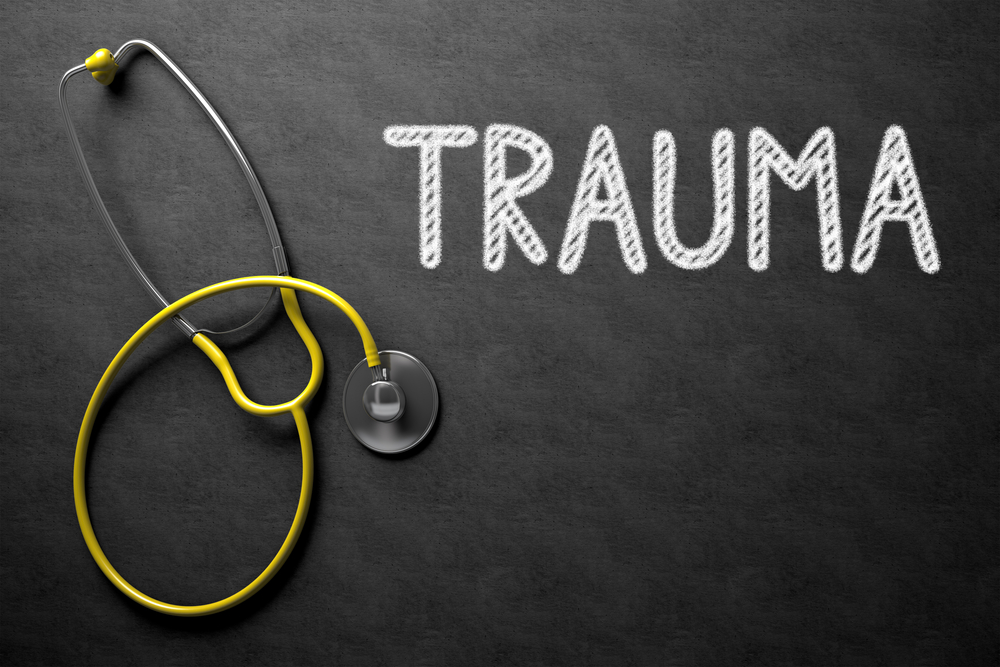So, how do you know you if you have PTSD? What are the signs?
Symptoms usually start soon after the traumatic event, but less often they may first appear months or years later – often triggered by another traumatic episode. Symptoms may come and go over time; however, if the symptoms last longer than four weeks, and interfere with your work or home life, you might be experiencing PTSD.
While it has become apparent that supportive talk therapy by itself is not very helpful for PTSD, specific trauma-focused therapies that address the way trauma is stored in the mind/body are effective. There are treatment methods that research has shown to be effective for treating trauma:
-
Cognitive Behavior Therapy
-
Prolonged Exposure Therapy
-
EMDR (Eye Movement Desensitization and Reprocessing)
-
Somatic Psychotherapy






